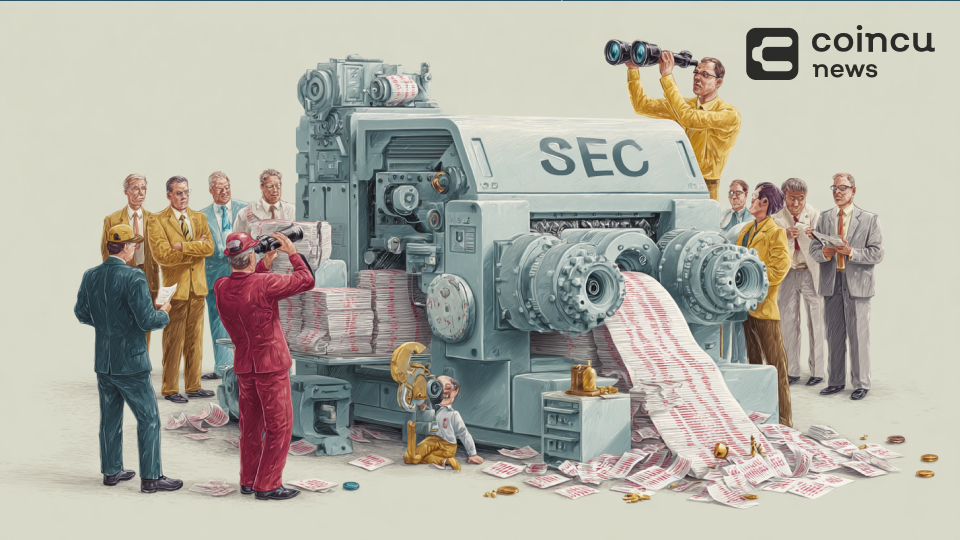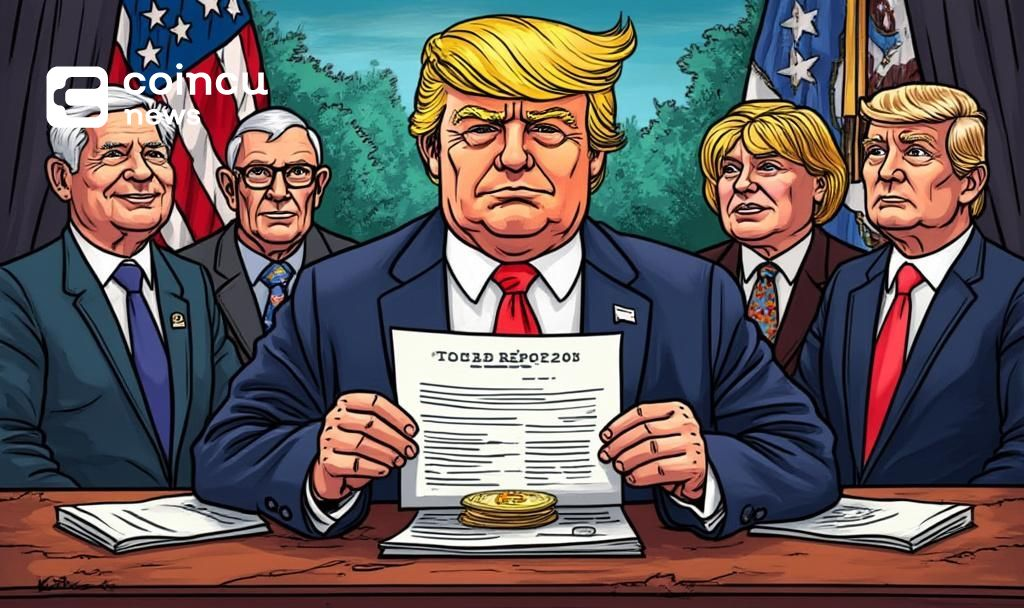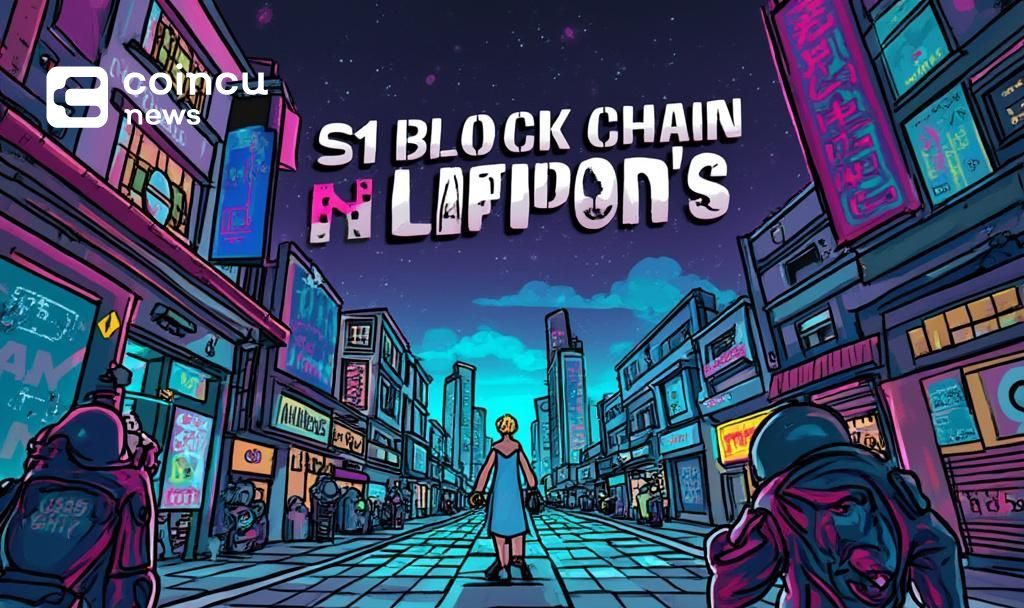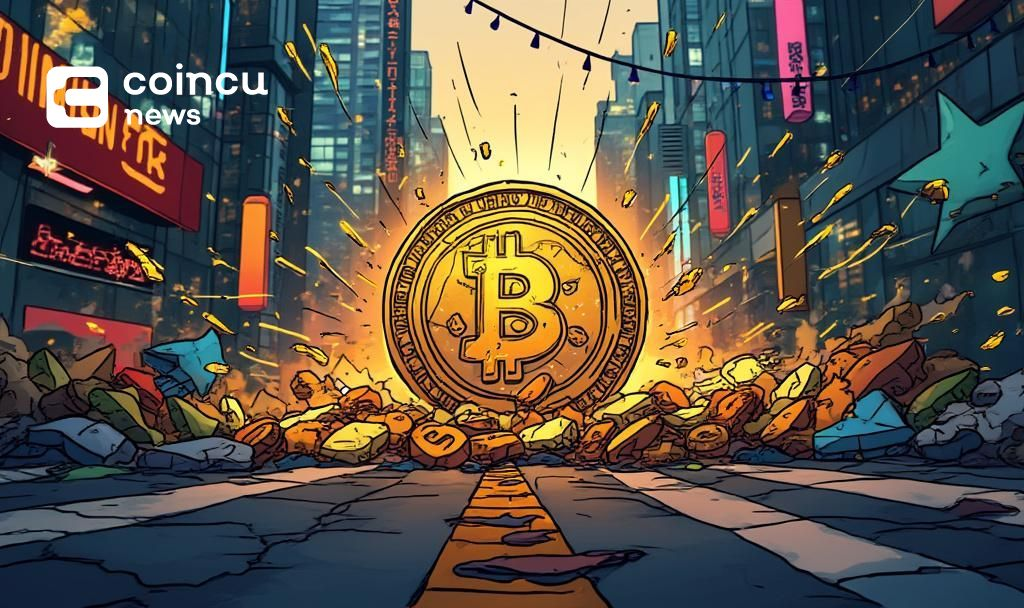$108537.922
At CoinCu News, we give both basic and in-depth articles on the latest news in the cryptocurrency and blockchain sectors.
Author
News
Trump Meme Coin Jumps to $8.63 After Tron Launch News
TRUMP meme coin rises to $8.63 after Tron launch news, while BONK overtakes it in
Jul
Crypto Platform’s Fall Affects 2 Million Chinese Investors
Xin Kang Jia's collapse involves 1.8 billion USDT, impacting millions in China. Authorities investigate.
Jul
Robinhood Launches Tokenized Stocks Despite OpenAI Opposition
Robinhood introduces tokenized stocks at Cannes, facing OpenAI's resistance amid regulatory discussions on tokenization and
Jul
SEC Preps Big Rule Shift for All Spot Crypto ETFs
SEC is developing new rules to speed up spot crypto ETF approvals, aiming to cut
Jul
Trump Administration to Release Cryptocurrency Policy Report by July 22
Trump administration prepares to release critical cryptocurrency policy aimed at enhancing U.S. leadership by July
Jul
Trump Administration’s Cryptocurrency Strategy Set for Release
Trump administration's digital asset report to be unveiled soon, impacting market and policy directions.
Jul
Stripe Rumored to Launch L1 Blockchain Amid Industry Buzz
Rumors of Stripe planning an L1 blockchain emerge, adding intrigue as official sources remain silent.
Jul
Binance Alpha Launches Palio AI Token Generation Event
Binance Alpha announces exclusive Token Generation Event for Palio AI on July 7, sparking market
Jul
Hong Kong Eyes Virtual Asset Growth As Stablecoin Regulation Looms
Hong Kong's stablecoin regulation set to attract virtual asset service providers, reshaping its fintech landscape.
Jul
[tptn_list how_old="7" limit="5" title_length="0" heading="0" show_date="0" ]
[tptn_list how_old="30" limit="5" title_length="0" heading="0" show_date="0" ]





















